A Diet-Focused Guide to Lowering Your Risk, Especially After 40
Colon cancer (also known as colorectal cancer) is one of the most common cancers worldwide—but the good news is, it’s also one of the most preventable. Lifestyle factors, particularly diet, play a major role in your risk. If you’re over 40, paying attention to what you eat could literally save your life.
In this guide, we’ll dive deep into colon cancer prevention through nutrition. You’ll learn which foods protect your colon, which ones increase risk, and how to create a colon-friendly diet without giving up flavor or satisfaction.
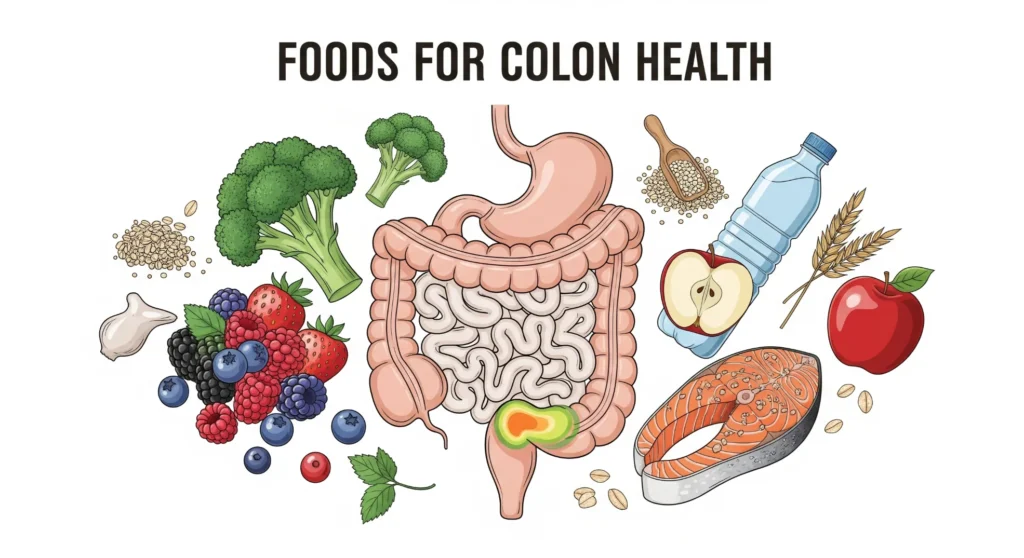
Why Diet Matters for Colon Health
Your colon is part of your digestive system—it processes waste, absorbs nutrients, and is directly exposed to everything you eat. Over time, certain foods can cause inflammation, promote cell mutation, or support harmful bacteria—all of which can lead to cancerous changes.
According to the American Cancer Society, a healthy diet could reduce your risk of colon cancer by up to 70%. That’s a powerful reason to rethink what’s on your plate.
Foods That Protect Your Colon
Let’s start with the good news: there are many delicious, nutrient-rich foods that nourish your colon and help keep it healthy. Here are the top categories:
1. High-Fiber Foods
Fiber helps move waste through your colon, reduces inflammation, and feeds beneficial gut bacteria. Aim for 25–30 grams per day.
Great Sources:
- Whole grains (oats, quinoa, brown rice)
- Fruits (berries, apples with skin, pears)
- Vegetables (broccoli, carrots, leafy greens)
- Legumes (lentils, black beans, chickpeas)
Tip: Swap white rice for brown or quinoa, and snack on fruit instead of processed chips.
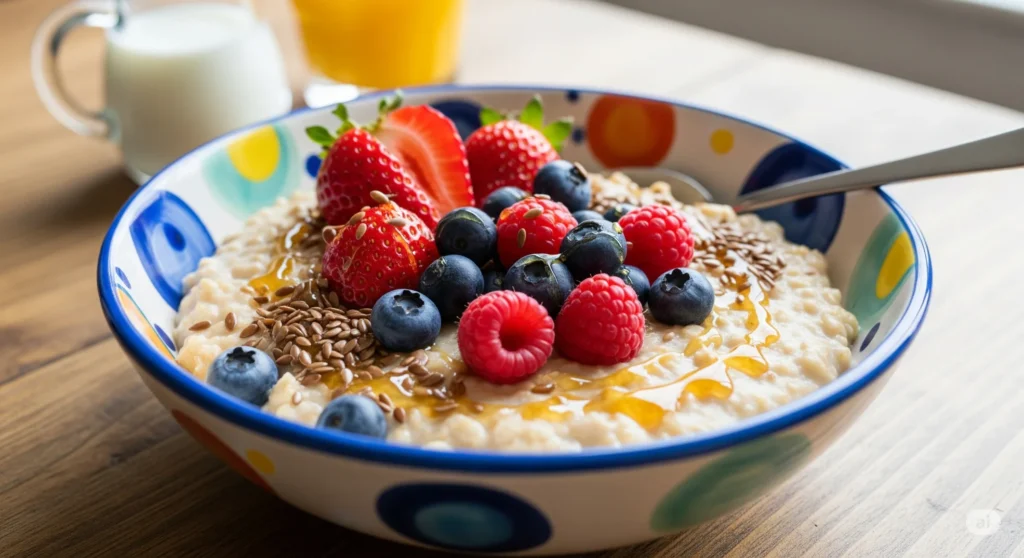
2. Cruciferous Vegetables
Vegetables like broccoli, cauliflower, Brussels sprouts, and cabbage contain sulforaphane and indoles—compounds known to fight cancer cells and support detoxification.
Try roasting or steaming them lightly to retain nutrients.
3. Fatty Fish
Fish rich in omega-3 fatty acids—like salmon, sardines, and mackerel—have anti-inflammatory properties and may help slow the growth of cancer cells.
Aim to eat fatty fish at least 2 times per week.
4. Fermented Foods
A healthy gut microbiome plays a key role in colon health. Fermented foods introduce beneficial bacteria (probiotics) into your digestive system.
Top Picks:
- Yogurt with live cultures
- Kefir
- Sauerkraut
- Kimchi
- Miso
- Kombucha
These foods help balance gut bacteria, reduce inflammation, and may even neutralize cancer-causing substances.
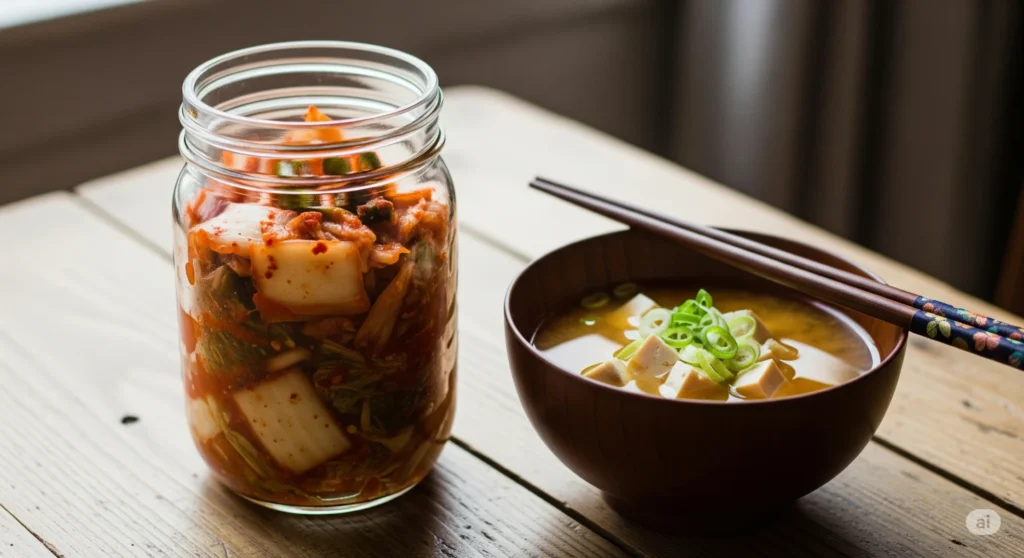
5. Antioxidant-Rich Fruits and Vegetables
Antioxidants protect cells from oxidative stress and inflammation.
Focus on:
- Berries (especially blueberries and raspberries)
- Leafy greens (spinach, kale)
- Carrots
- Tomatoes
- Sweet potatoes
These are especially effective when eaten raw or lightly cooked.
6. Whole Grains Over Refined Grains
Whole grains are rich in fiber, vitamins, and minerals. They keep your digestive system moving and reduce your risk of constipation, a factor that can contribute to colon health problems.
Examples:
- Whole wheat bread
- Barley
- Buckwheat
- Oats
- Brown rice
Avoid refined white flour whenever possible.
7. Nuts and Seeds
Almonds, walnuts, chia seeds, flaxseeds, and sunflower seeds are all high in fiber and healthy fats. They also contain anti-inflammatory and anticancer compounds.
Flaxseeds, in particular, are rich in lignans—plant compounds that help regulate hormone metabolism and may reduce cancer risk.
Foods to Avoid (or Greatly Limit)
Unfortunately, some everyday foods can increase your risk of colon cancer, especially when consumed regularly.
1. Processed Meats
Bacon, sausage, hot dogs, and deli meats contain nitrates and preservatives that have been linked directly to colorectal cancer.
Avoid or limit:
- Bacon
- Pepperoni
- Ham
- Salami
- Hot dogs
- Canned meat
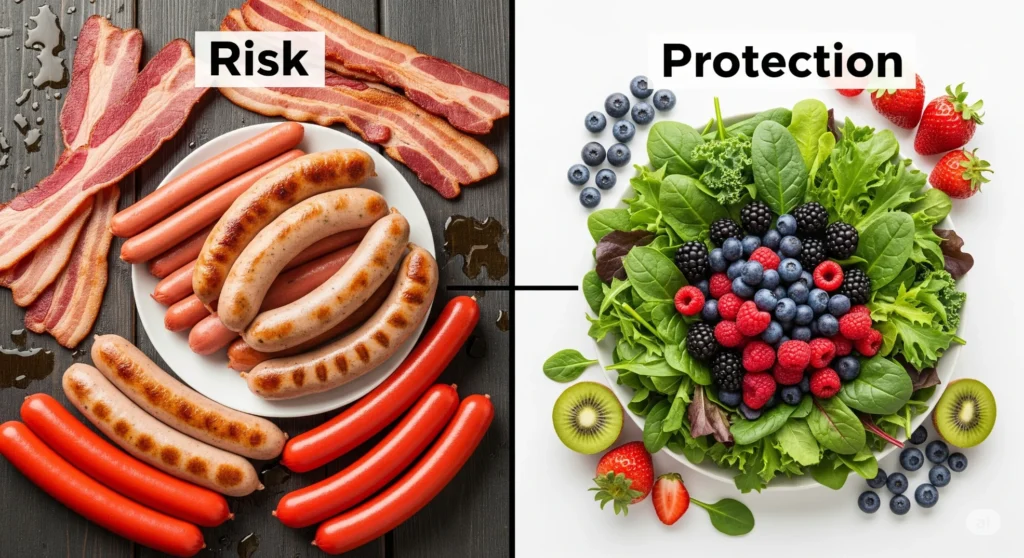
2. Red Meat (Excessive Amounts)
While small amounts of lean red meat are okay, high consumption (especially if grilled or charred) increases cancer risk.
Limit to:
- Less than 18 oz per week
- Choose lean cuts
- Avoid charring on open flame
3. Excess Alcohol
Regular alcohol consumption increases colorectal cancer risk, especially in men. Even moderate drinking (1–2 drinks daily) raises concern.
Guideline:
- Men: Max 2 drinks/day
- Women: Max 1 drink/day
- Better: Choose alcohol-free days regularly
4. Sugary Drinks and Refined Carbs
Colorectal cancer risk is higher in people who consume diets high in sugar and refined carbs, which spike blood sugar and promote inflammation.
Avoid or reduce:
- Soda
- Sweetened juices
- Pastries
- White bread
- Candy
5. Fried and Ultra-Processed Foods
These contain trans fats, refined oils, and additives that contribute to inflammation and poor gut health.
Stick to fresh, whole foods and cook at home as much as possible.
Colon-Friendly Sample Daily Meal Plan
Breakfast:
- Oatmeal with blueberries, flaxseeds, and almond milk
- Green tea
Lunch:
- Grilled salmon over quinoa
- Steamed broccoli and roasted sweet potatoes
- Water or unsweetened kombucha
Snack:
- Greek yogurt with walnuts and raspberries
Dinner:
- Stir-fried tofu or lentils with mixed veggies and brown rice
- Small bowl of kimchi
- Herbal tea
Lifestyle Tips Beyond Diet
1. Exercise Regularly
Just 30 minutes of walking per day can significantly reduce colon cancer risk.
2. Don’t Smoke
Tobacco use increases the risk of many cancers, including colon.
3. Manage Weight
Obesity is a major risk factor. A healthy diet and exercise can help maintain a healthy weight.
4. Get Screened Early
If you’re over 45 (or 40 with a family history), colonoscopy screenings are essential.

Colon Cancer Warning Signs (Don’t Ignore)
Even if you’re following a healthy diet, early detection is key. Talk to your doctor if you experience:
- Blood in stool
- Sudden weight loss
- Persistent abdominal pain
- Change in bowel habits
- Unexplained fatigue
Remember: Many early-stage colorectal cancers have no symptoms—that’s why screening matters.
Superfoods for Colon Cancer Prevention (Quick List)
| Food | Why It’s Powerful |
|---|---|
| Broccoli | Rich in sulforaphane |
| Berries | High in antioxidants |
| Salmon | Omega-3 anti-inflammatory fats |
| Oats | Soluble fiber for digestion |
| Yogurt | Supports healthy gut flora |
| Flaxseeds | High in lignans and fiber |
| Lentils | Fiber-rich and protein-packed |
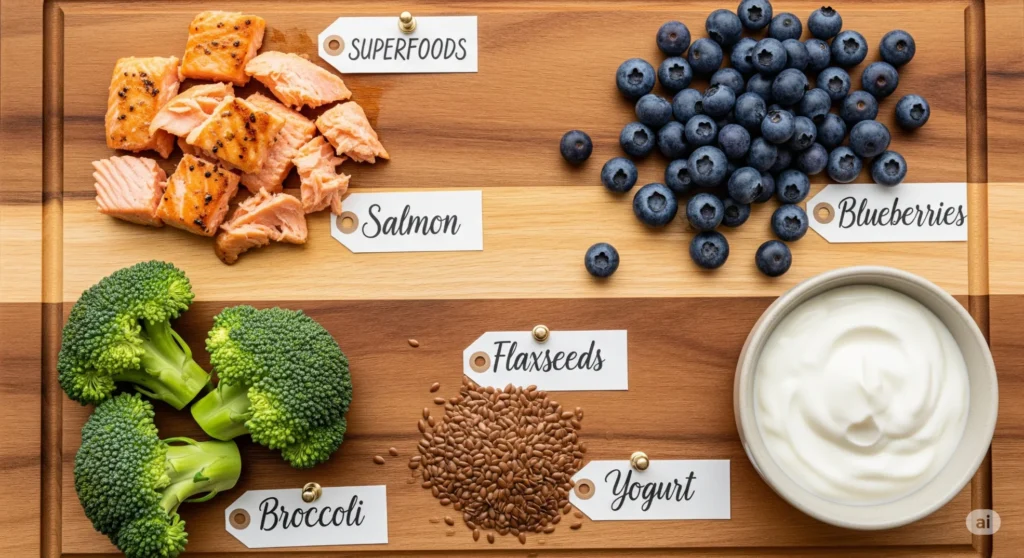
Final Thoughts
Preventing colon cancer isn’t about extreme diets or fear—it’s about making informed choices every day. Especially after age 40, your body needs more protection, not less. What you eat has a direct impact on your long-term health.
By focusing on whole, fiber-rich foods and limiting processed and inflammatory items, you’re not just reducing your colon cancer risk—you’re improving your overall health, energy, and longevity.
Start small. Add an extra veggie to your plate. Swap white bread for whole grain. Try yogurt instead of ice cream. These tiny steps can lead to big changes.
SEO Keywords to Target:
- colon cancer prevention diet
- foods to prevent colon cancer
- what to eat for colon health
- colon-friendly diet after 40
- reduce risk of colon cancer naturally
- colorectal cancer food guide
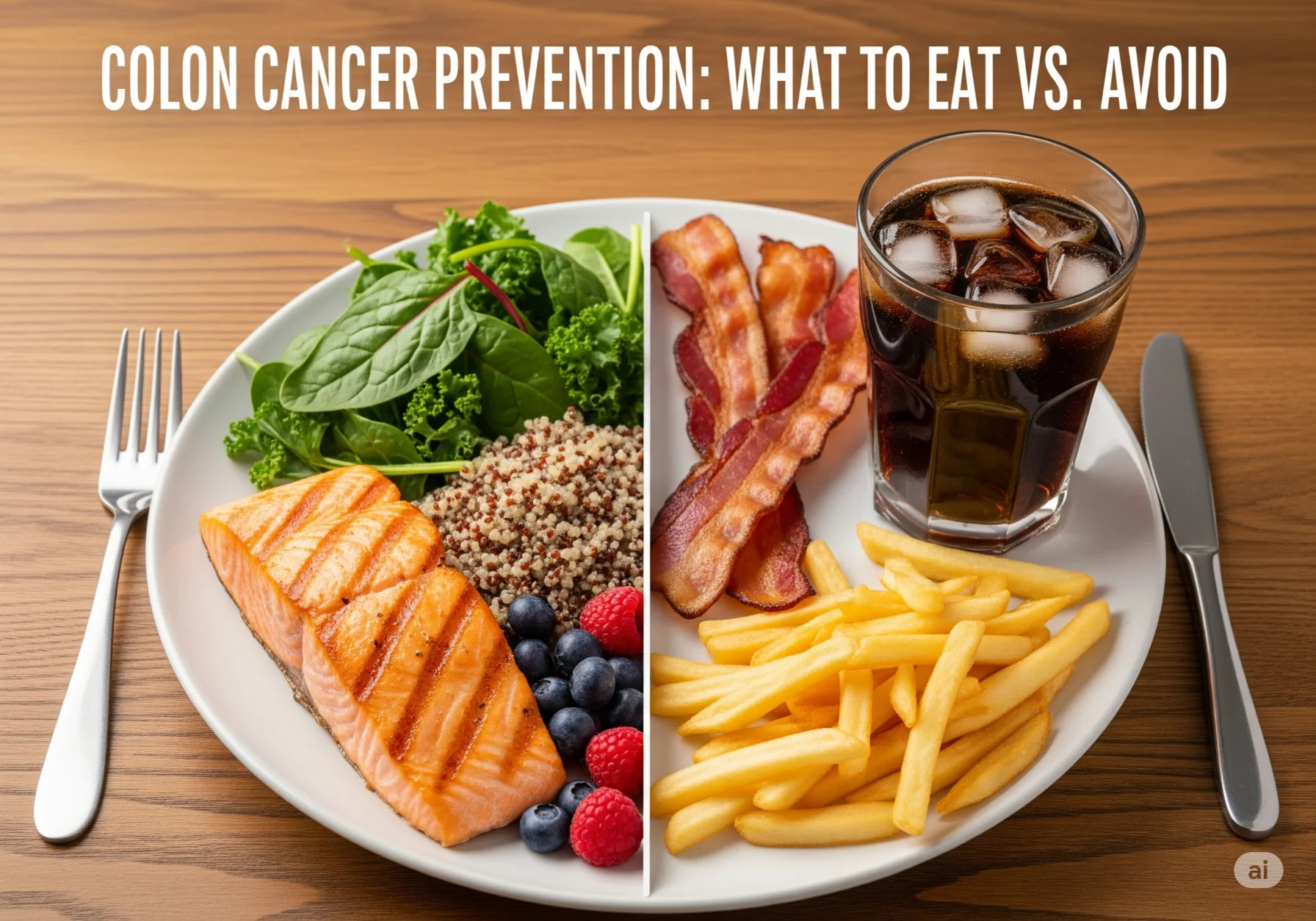

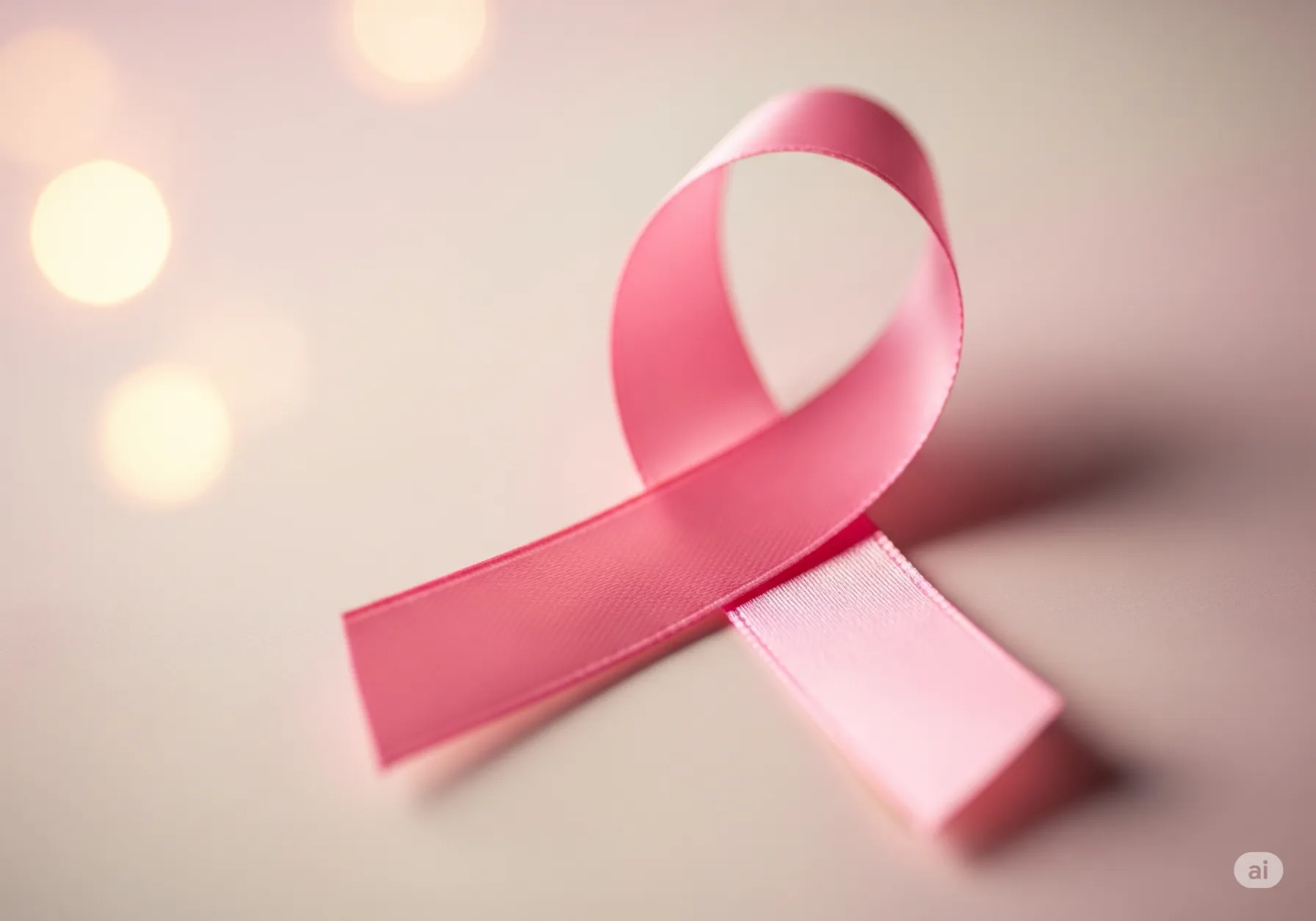


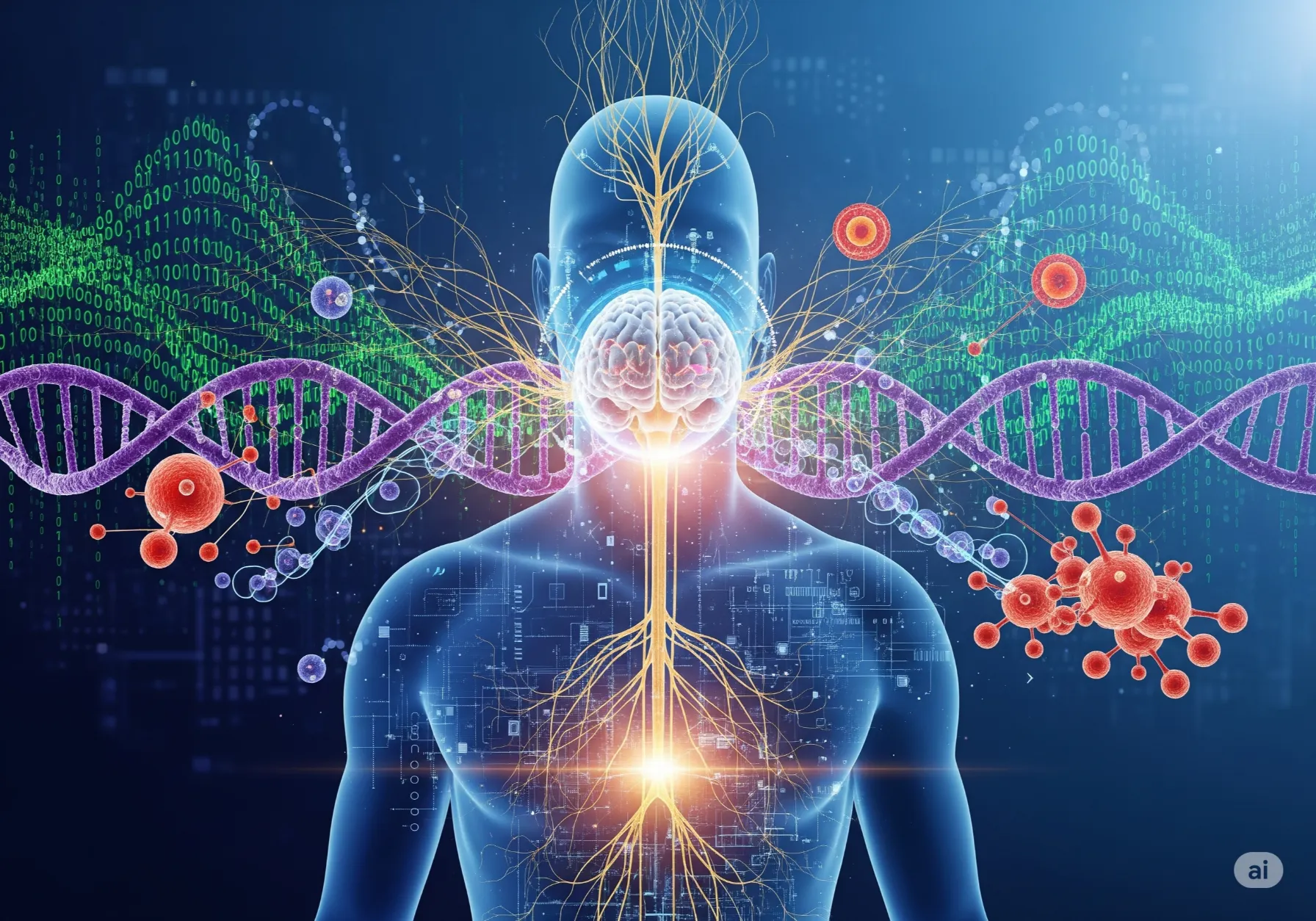

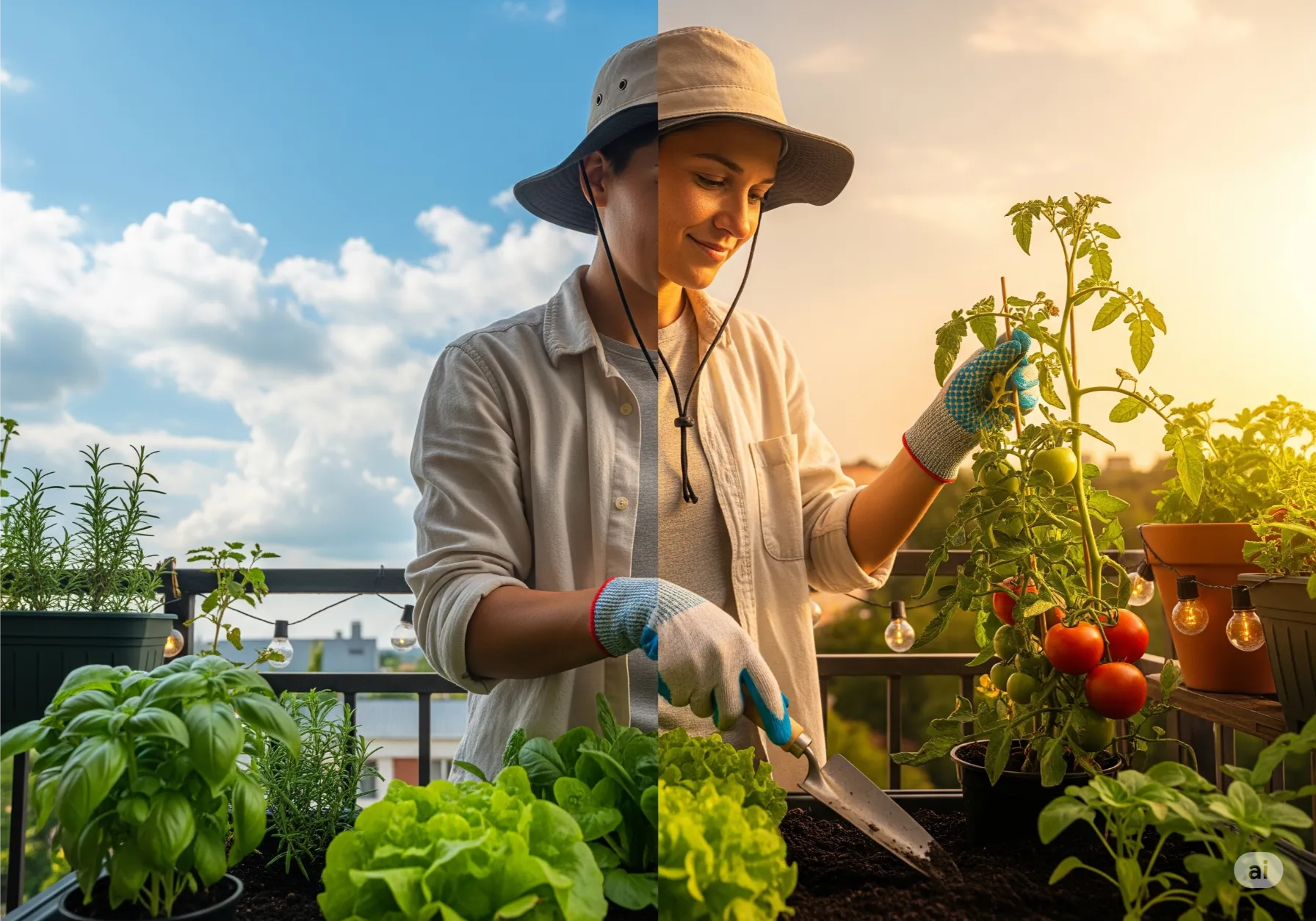
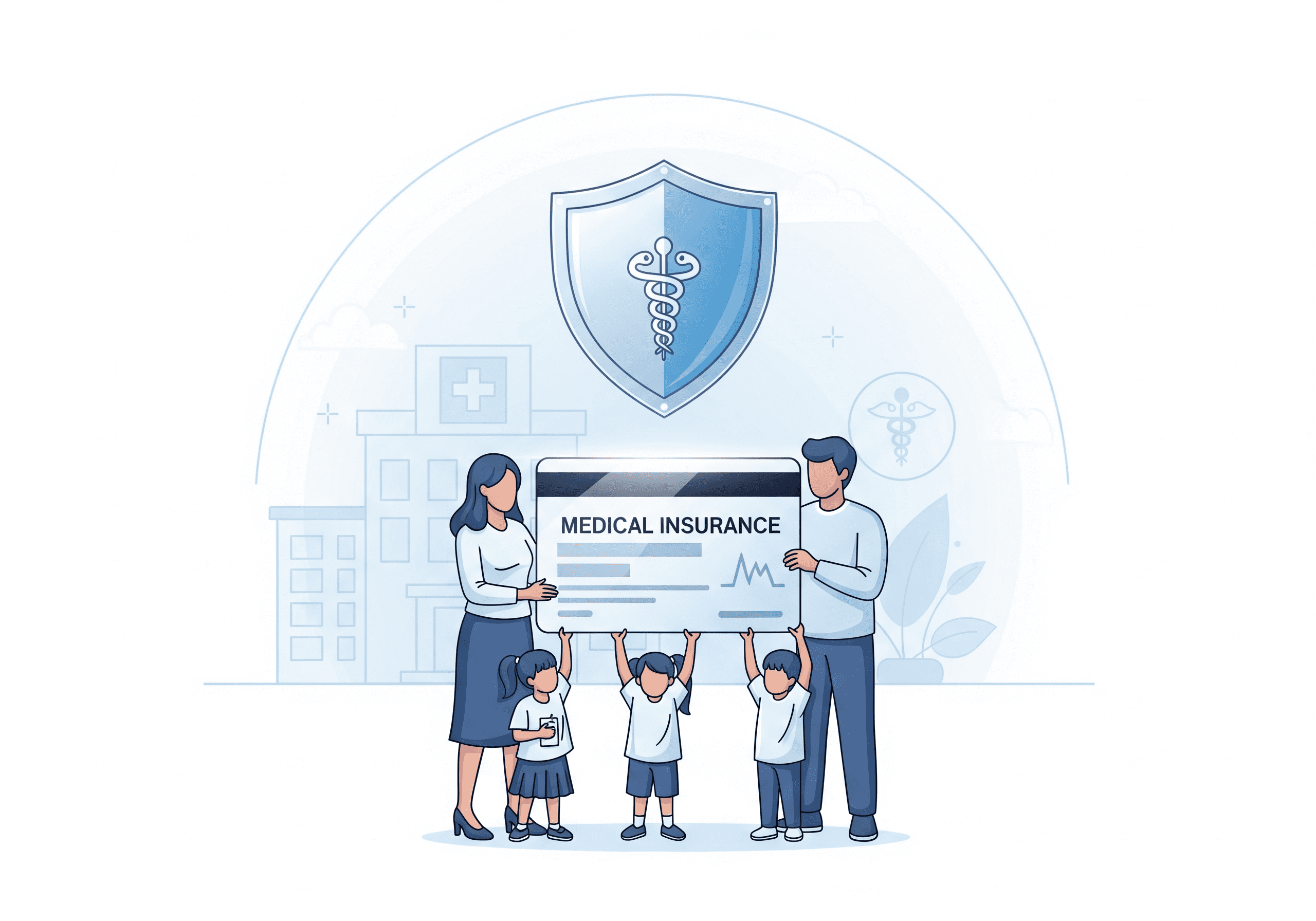
Leave a Reply